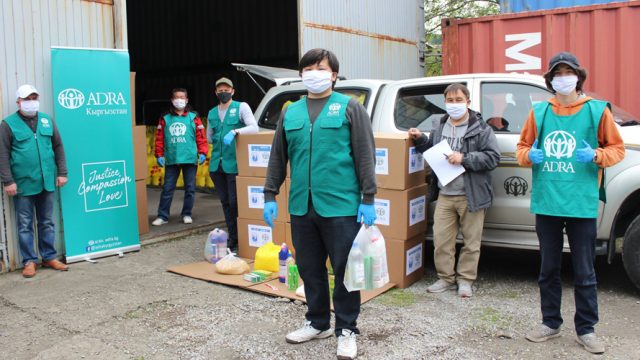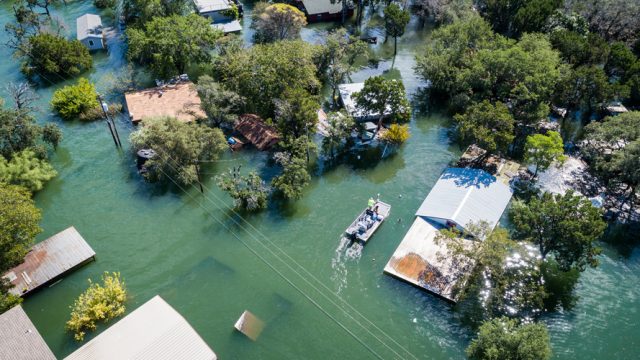Across North America, the money will help to feed those in need due to the COVID-19 crisis.

Adventist Community Services (ACS) entities around the North American Division (NAD) continue to provide relief and meet the needs of their community in light of the COVID-19 pandemic.
NAD ACS is committed to supporting the operations of the ACS food pantry ministries of the 60 local conferences within the NAD territory (Bermuda, Canada, Guam-Micronesia, and the United States). To provide that support, NAD ACS is investing US$1.5 million and allocating a grant of US$25,000 per conference for relief efforts.
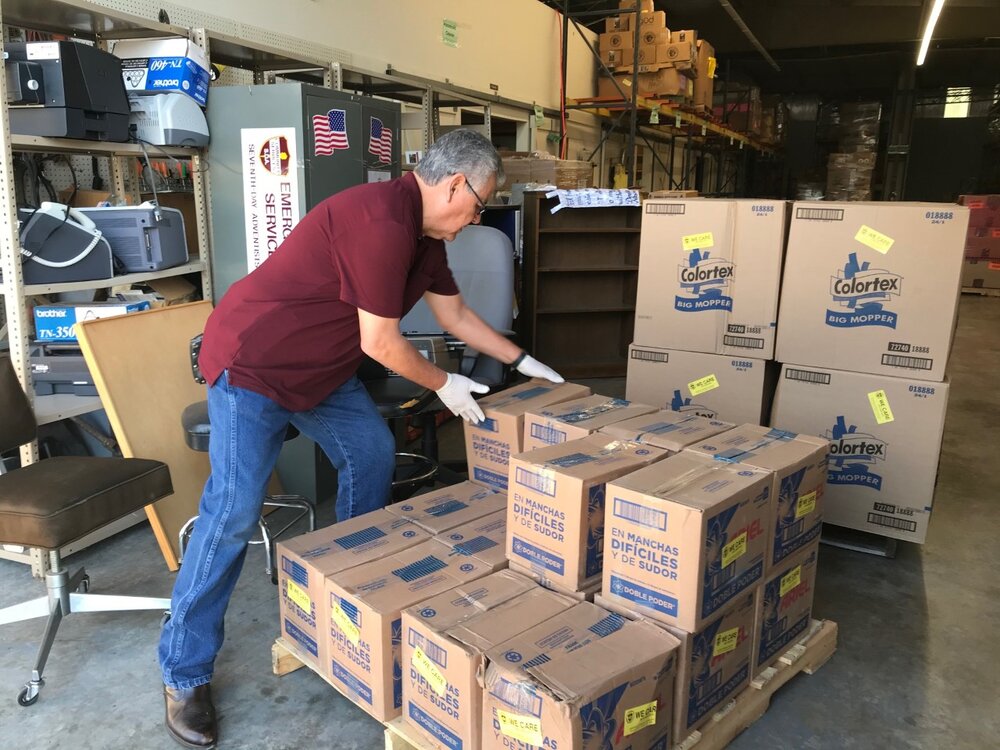
Through the past two decades, NAD ACS has established 1,358 ACS centers in the division, and most of these centers provide provisional services, especially food from food pantries. The current funds are earmarked to secure foods and provide personal protective equipment (PPEs) for volunteers.
Manufacturing companies are not able to produce and operate their industries in full capacity, especially in the food industry, explained Sung Kwon, director of NAD ACS. The number for those who have filed for unemployment benefits in the U.S. alone has risen to more than 10 million. The transportation industry is not able to function normally, and importing goods is restricted and limited.
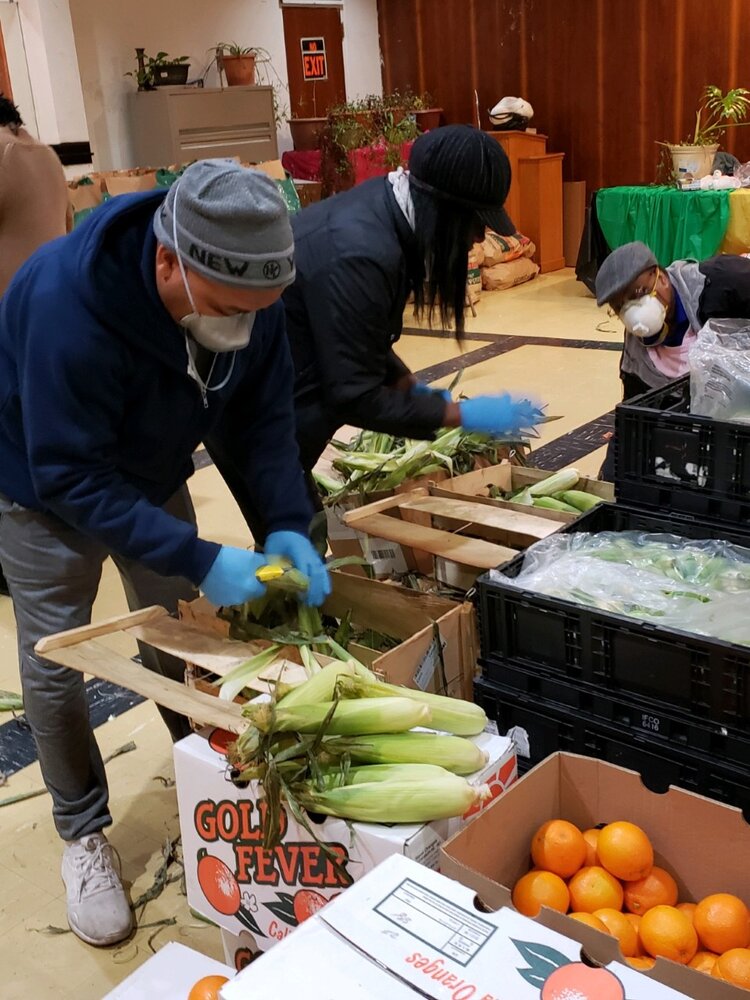
“Due to these complications, NAD ACS leadership decided to focus assistance on food shortage concerns. As unemployment increases, people will seek free groceries through the local food banks and food pantries,” Kwon said. “We will do our part to serve others while mitigating and minimizing the risk to our own ACS volunteers and church members.”
“It’s important for ministries that serve the vulnerable to continue their ministries in the middle of a global pandemic,” said Bonita Shields, NAD ministries vice president, “because that’s when people arethe most vulnerable and need the hope and assurance that these ministries provide.”
Food banks have limited supplies due to the COVID-19 pandemic, and it’s not easy for ACS pantry ministries to obtain donated foodstuffs. This is causing a strain on the centers that are continuing to serve and support families and individuals, who are facing even more challenges due to this crisis.
One of the many locations looking forward to receiving more assistance is the Escanaba ACS Food Pantry in Michigan, one of very few food pantries in the Upper Peninsula. This Adventist ministry engages in mobile food pantry trips to different counties to reach those in need. Director Robin Wycoff reported that the ministry had more than 1,200 families line up in the previous week to get food. She said, “It was such an amazing yet sad day; [the mobile pantry] served so many but also had to turn away just as many because they ran out of food.”
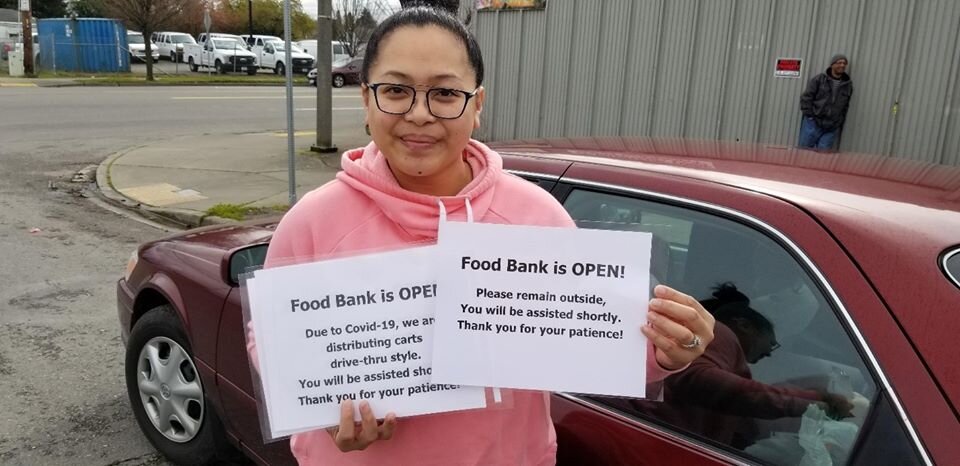
In some locations, volunteers need protective gear, currently in short supply, to assist at centers. Since these volunteers are committed to continue serving, there is a greater need to protect and keep them safe. ACS centers encounter additional costs related to safety items such as gloves, masks, wipes, paper towels, disinfectants, sanitizers, and more.
“We must keep everyone in our thoughts and prayers as we journey through this tribulation together, giving and receiving grace in our dealings with our families, our volunteers, our community, and the world,” Kwon said. “ACS remains resolute that, as we go forward, we will continue to take protective measures for all, but especially our vulnerable and elderly church members, and the ACS volunteers. Despite the COVID-19 unprecedented interruption, I am grateful for our church members and ACS volunteers — continually active in serving their communities.”
He added, “If you would like to help keep our volunteers safe and protected, please consider contributing a benevolent gift so we can continue to fulfill our mission of ‘Serving Communities in Christ’s Name.’”
Stories on the challenges that the COVID-19 crisis has caused centers and food banks across the division, as well as some ways they have adapted in addressing and meeting the needs of their communities, are available through the NAD ACS news site. Eager to share these stories of challenges, miracles, and blessings, NAD ACS personnel update the site frequently.
The original version of this story was posted on the North American Division news site.





